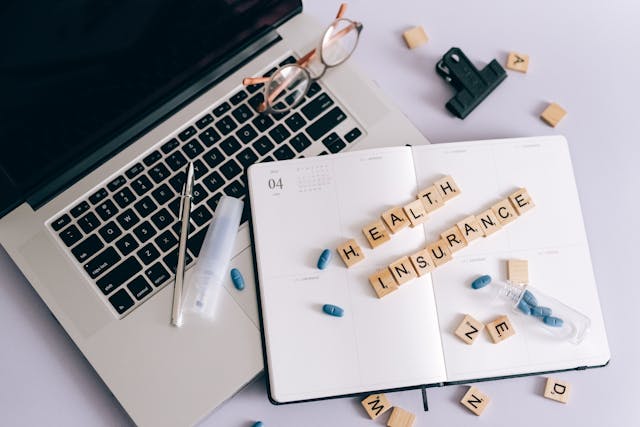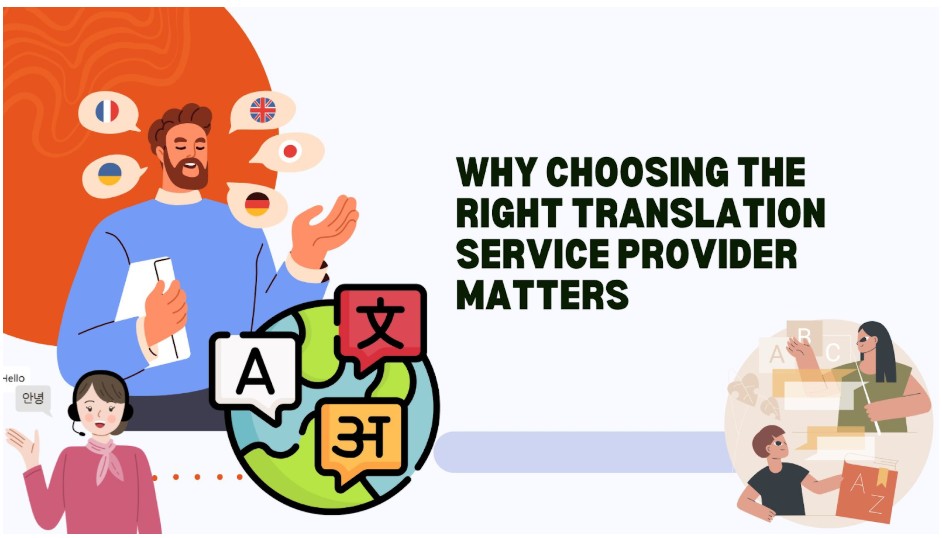7 Tips for Translating Medical Terminology Accurately. Introduction.

Translating medical terminology is one of the greatest challenges in professional translations. Accurate translation of medical terms is essential in this industry, as failing to do so can lead to complex situations for users and companies.
While you don’t need to be a healthcare professional to translate medical terminology accurately, you do need advanced language skills and a deep understanding of the clinical context.
The Importance of Accurate Medical Terminology Translation.
Translating medical terminology involves converting delicate medical information, as well as clinical jargon, from one language to another. Handling a medical text translation with precision is crucial for both the patient and the healthcare professional. An accurate translation of medical terminology prevents misunderstandings and aids in better comprehension of diagnoses and treatments.
Moreover, precise translation of medical terminology can be the deciding factor in whether a particular medical document complies with the regulatory standards of the target country or not. For instance, a precisely translated clinical trial document can be rejected in non-English-speaking countries due to errors in translating regulated medical terminology.
Challenges in Translating Medical Terminology Accurately.
The main problems that professional translators face when dealing with health sector texts include:
- Complexity of Medical Terminology: Medical terms are often specialized and complex. This complexity can lead to inaccurate translations if the translator does not have sufficient knowledge of the field’s terminology.
- Risk of Incorrect Diagnosis: Incorrect translations can result in erroneous diagnoses, which may lead to significant issues for patients who do not receive the proper treatment.
- Inadequate Treatment Plans: Errors when translating treatment plans, medication dosages, or surgical instructions can endanger the patient’s health.
- Cultural Nuances and Interpretations: Cultural differences can affect the interpretation of medical information. Words and phrases that are specific in one language may not have a direct equivalent in another, potentially leading to misunderstandings.
- Differences in the Interpretation of Medical Conditions: Some medical terms, if translated literally, can have different meanings and may refer to entirely distinct medical conditions. This can significantly alter diagnoses and treatments.
Tips for Accurately Translating Medical Terminology.
- Familiarize Yourself with the Most Common Medical Terms:
To translate medical terminology accurately, it is essential to know the most frequently used terms in the medical field. This includes not only technical words but also acronyms, abbreviations, and eponymous terms (terms derived from proper names). Therefore, professional translators must continually study medical glossaries and specialized dictionaries in both languages to stay updated. - Maintain Terminological Consistency:
One of the biggest challenges in medical translation is consistency. That is why one of the main tips for translating medical terminology accurately is to always use the same terms for a specific concept. This approach avoids potential confusion or misunderstandings. Using Computer-Assisted Translation (CAT) tools or creating a specific glossary for the target country or industry can help ensure consistency throughout the text. - Know the Healthcare System of the Target Country:
Medical translation involves not just translating words but also adapting to the healthcare systems of the countries involved. For example, the names of procedures, institutions, or medications may vary depending on the country. Understanding these nuances is crucial for a proper and accurate translation. - Consult with Experts or Healthcare Professionals:
Whenever you have doubts or encounter unfamiliar terms, the best approach is to consult with medical experts or healthcare professionals. They can provide clarifications on ambiguous concepts or terms and ensure that your translation is precise and suitable for the clinical context. - Continuous Research:
Medicine is a constantly evolving field. New procedures and scientific advancements continuously introduce new terminology. It is essential for translators specializing in this industry to stay up to date by reading medical publications and building their own glossaries. - Avoid Literal Translations:
Another important tip for accurately translating medical terminology is to avoid literal translations of terms. As mentioned earlier, medical terms in one language do not always have an exact correspondence in another language. Therefore, instead of translating literally, it is more precise to look for the equivalent term. For this reason, it is crucial that the translator has knowledge of the medical field and understands the concept before translating it. - Rigorous Quality Control:
At TranslateDay, our translation protocol includes final quality control performed by another translator specialized in the field or a medical specialist. This way, we ensure that all potential errors, inconsistencies, or inaccuracies in medical terminology translation are detected.
Conclusion
Translating medical terminology requires a combination of advanced linguistic skills, specific knowledge of the healthcare sector, and meticulous attention to detail. Errors in translation can have serious consequences, ranging from clinical misunderstandings to regulatory non-compliance. Therefore, it is crucial to adopt these 7 tips for translating medical terminology that we have just shared, such as continuous familiarization with medical terms, consulting with experts, and implementing rigorous quality controls. Only then can we ensure that medical translations are accurate and safe, contributing effectively to patient well-being and the proper application of treatments and diagnoses.


